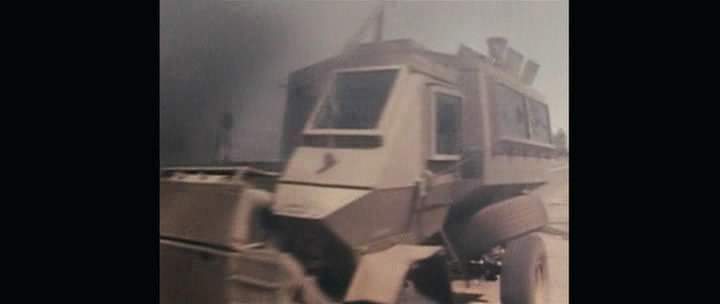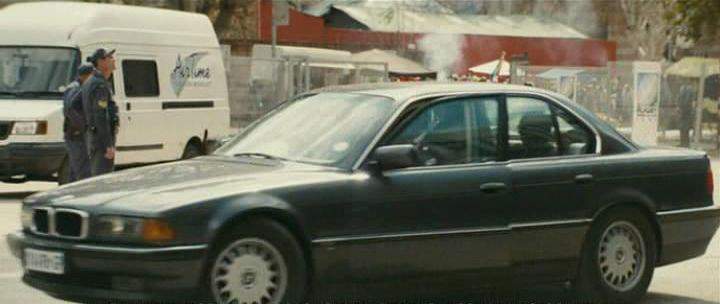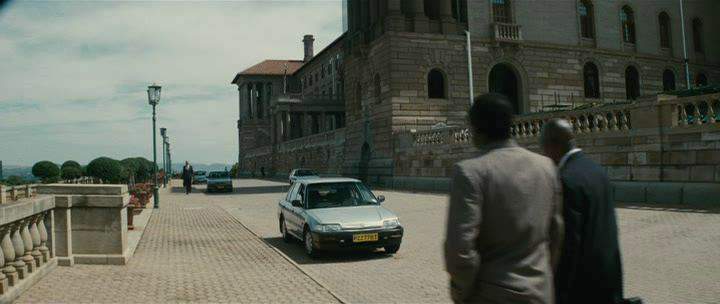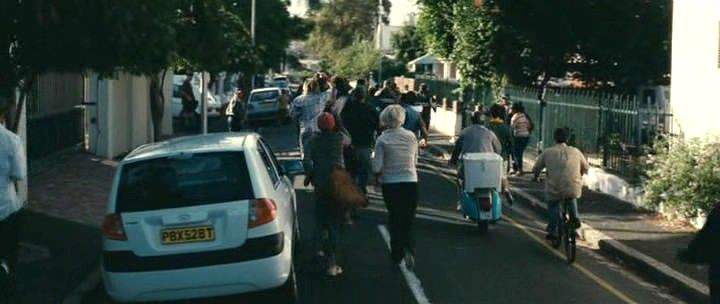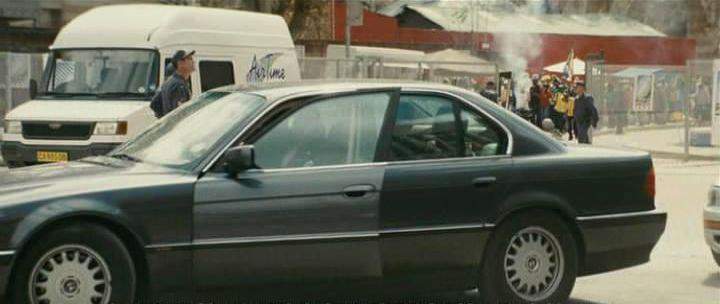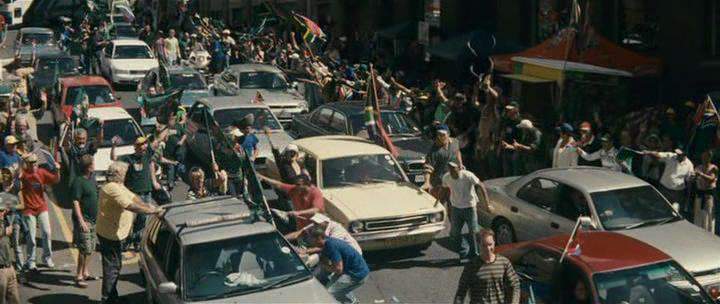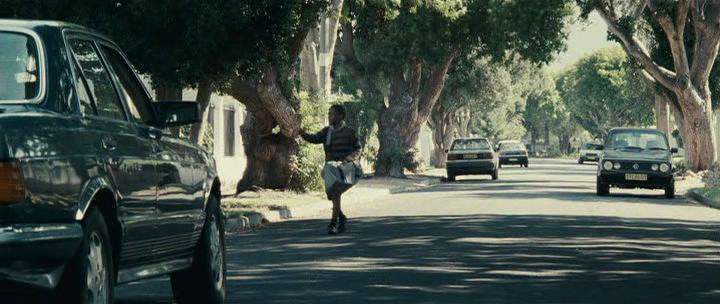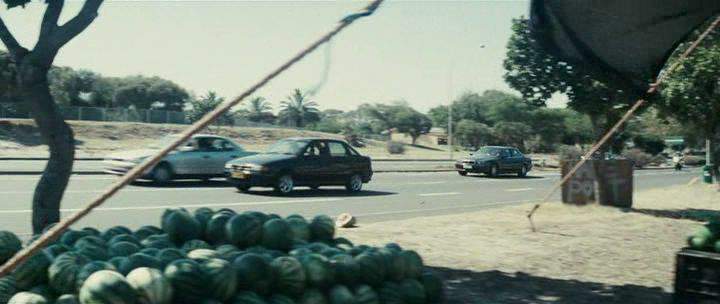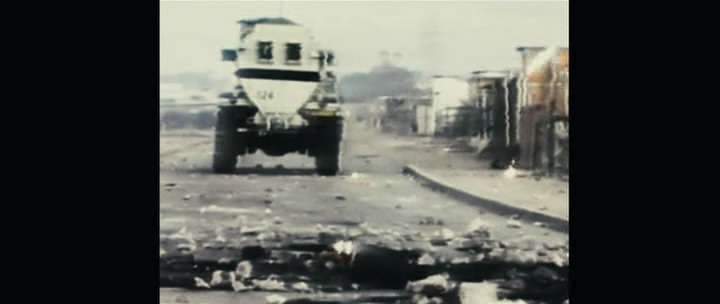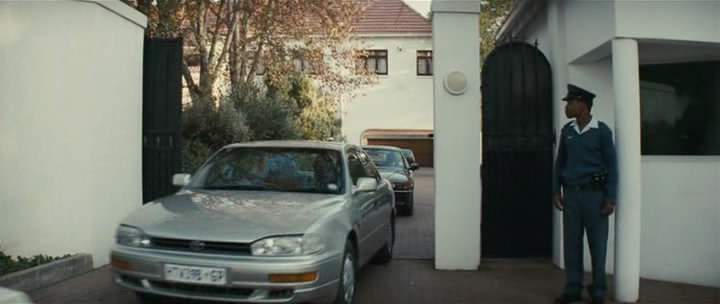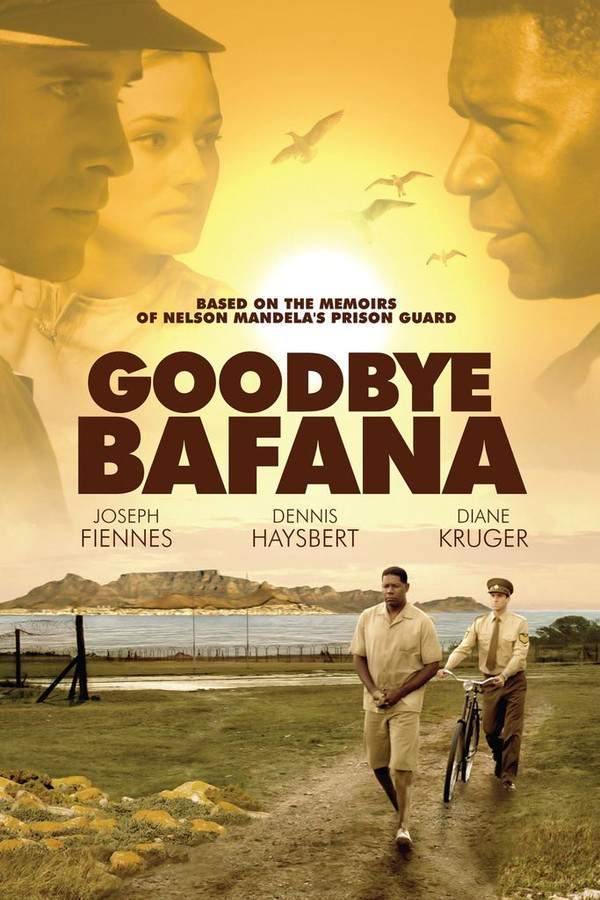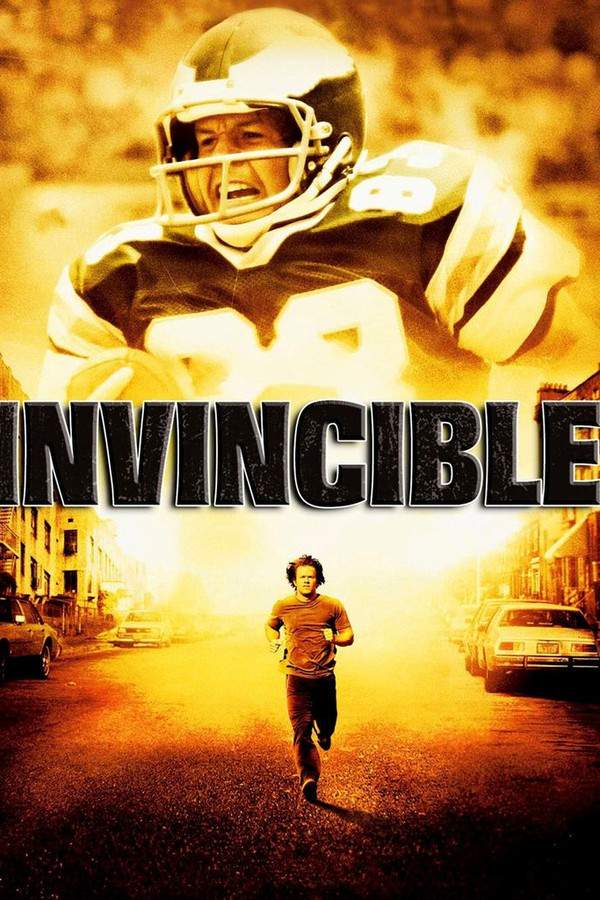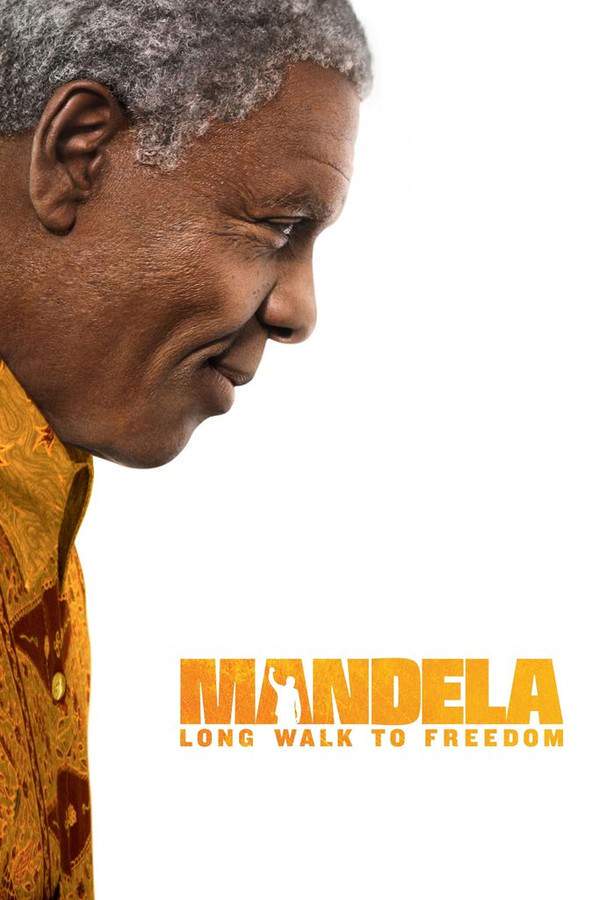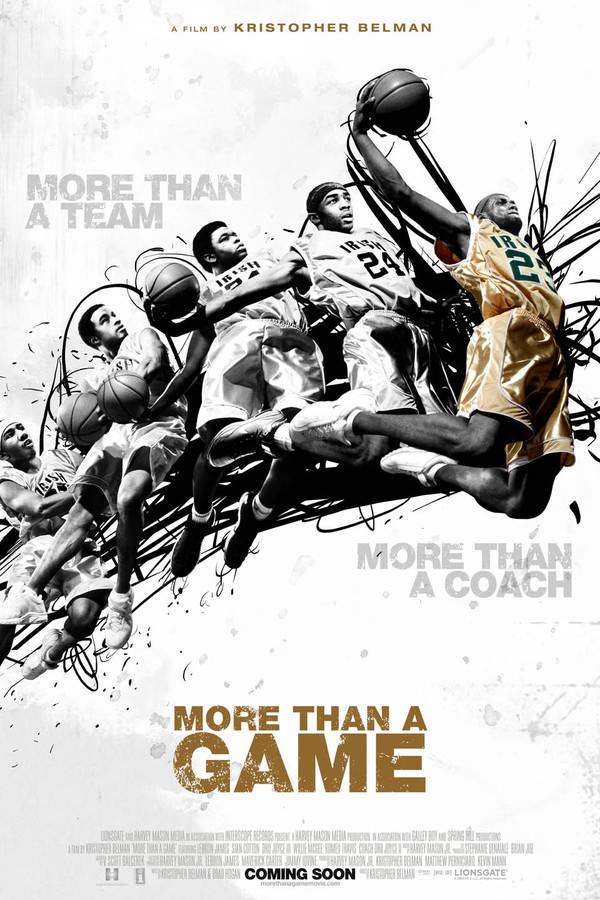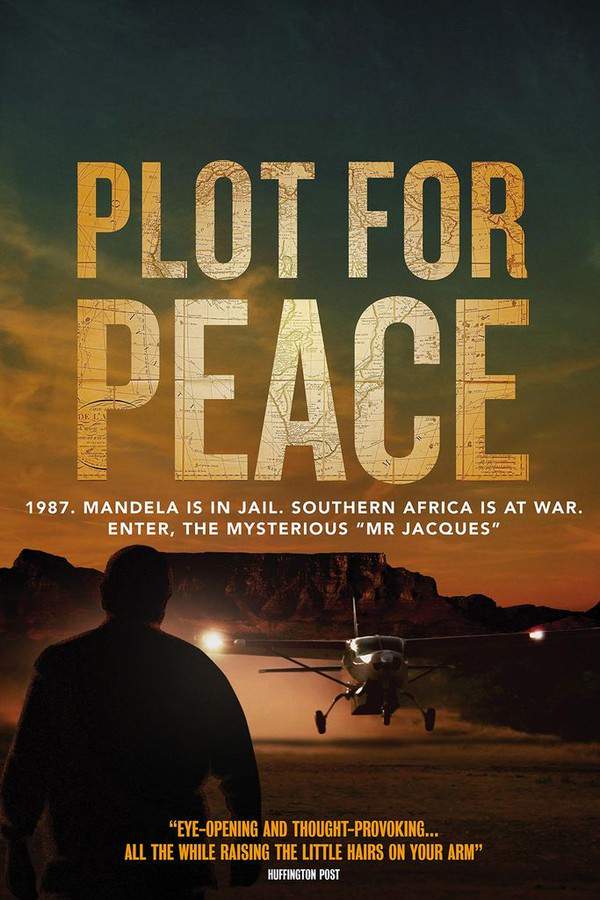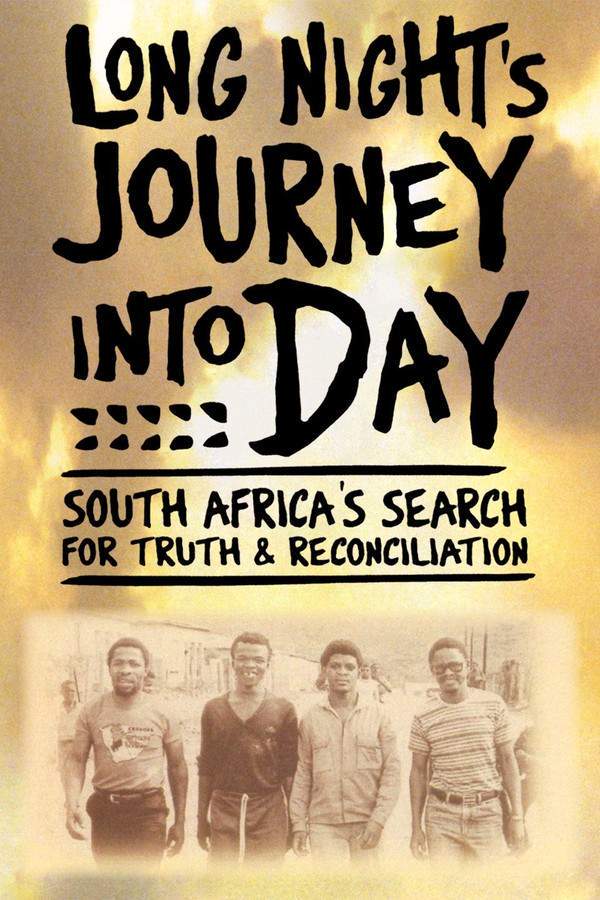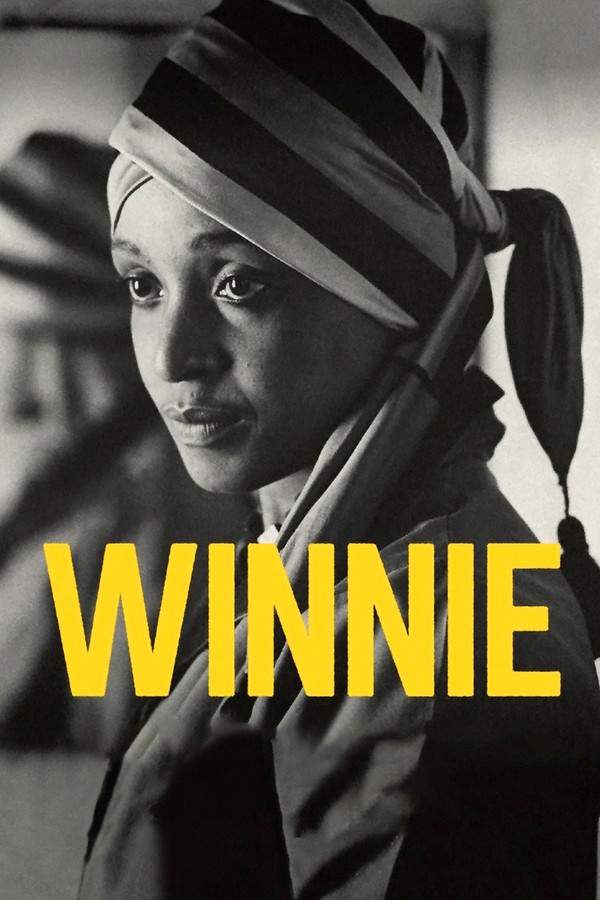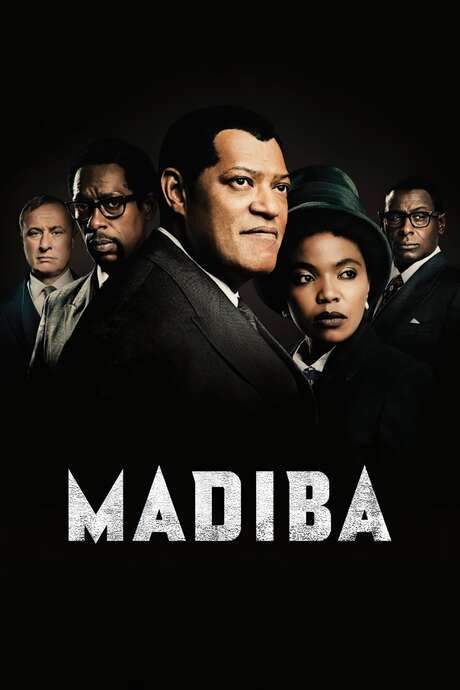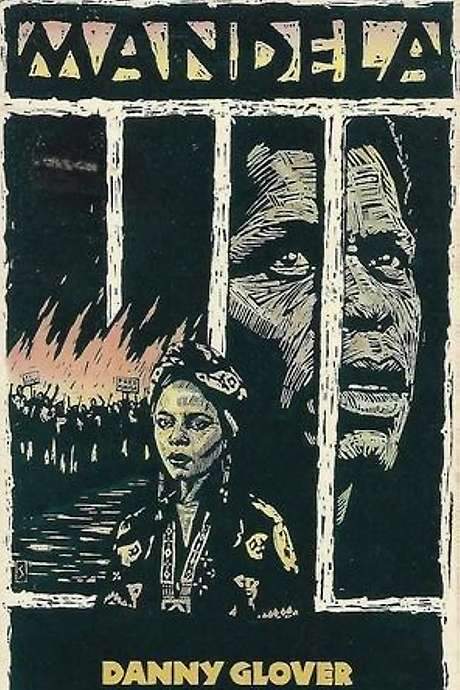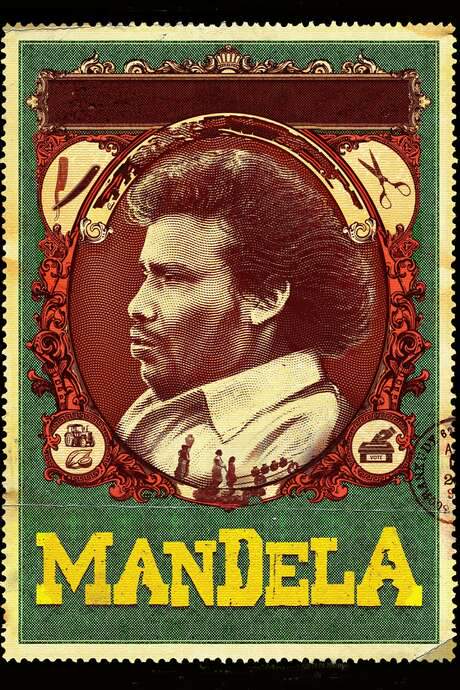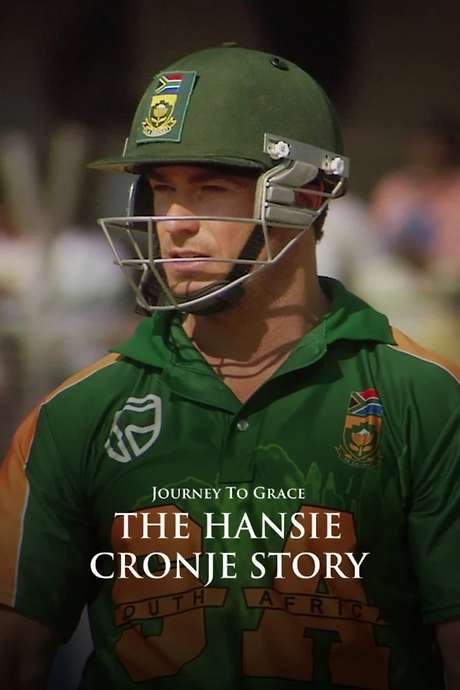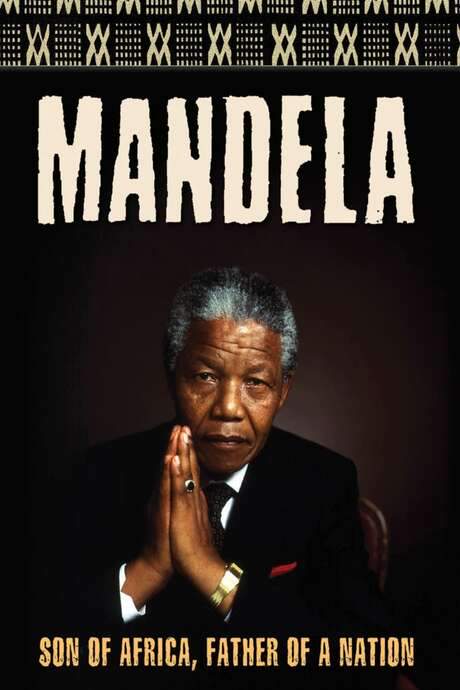Invictus 2009
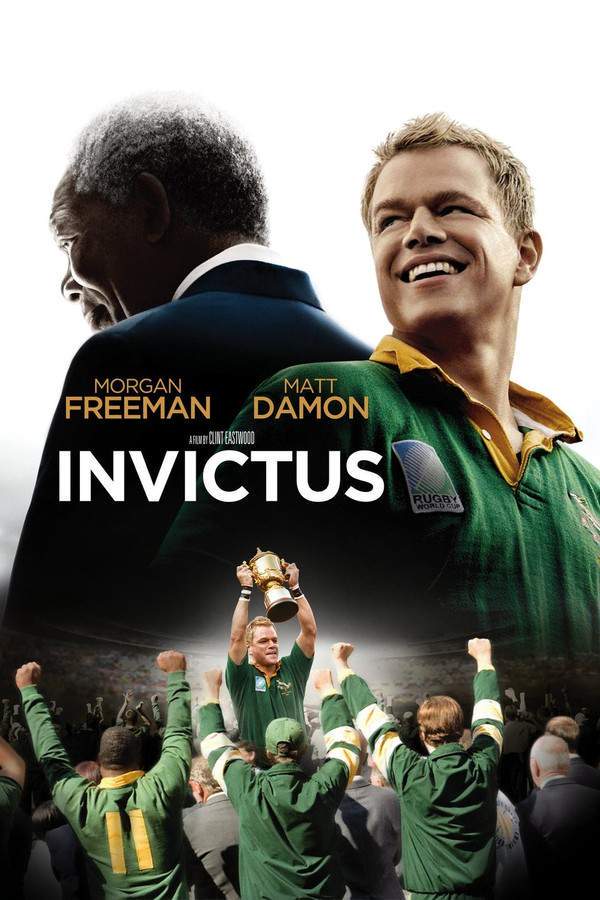
Following the end of apartheid, President Nelson Mandela seeks to unite a racially divided nation. He uses the 1995 Rugby World Cup as an opportunity to foster reconciliation, partnering with Francois Pienaar, the team’s captain. Mandela’s belief in the power of sport inspires hope and pride, and the team embarks on an improbable journey to win the championship and heal South Africa.
Does Invictus have end credit scenes?
No!
Invictus does not have end credit scenes. You can leave when the credits roll.
Meet the Full Cast and Actors of Invictus
Explore the complete cast of Invictus, including both lead and supporting actors. Learn who plays each character, discover their past roles and achievements, and find out what makes this ensemble cast stand out in the world of film and television.
External Links and Streaming Options
Discover where to watch Invictus online, including streaming platforms, rental options, and official sources. Compare reviews, ratings, and in-depth movie information across sites like IMDb, TMDb, Wikipedia or Rotten Tomatoes.
Ratings and Reviews for Invictus
See how Invictus is rated across major platforms like IMDb, Metacritic, and TMDb. Compare audience scores and critic reviews to understand where Invictus stands among top-rated movies in its genre.

74
Metascore
7.1
User Score


77%
TOMATOMETER

75%
User Score

7.3 /10
IMDb Rating

72
%
User Score
Take the Ultimate Invictus Movie Quiz
Challenge your knowledge of Invictus with this fun and interactive movie quiz. Test yourself on key plot points, iconic characters, hidden details, and memorable moments to see how well you really know the film.
Invictus Movie Quiz: Test your knowledge about the film 'Invictus' and its portrayal of Nelson Mandela's journey to unite South Africa through rugby.
What historic event does 'Invictus' begin with?
Nelson Mandela's release from prison
The Rugby World Cup
The end of apartheid
The opening of Parliament
Show hint
Awards & Nominations for Invictus
Discover all the awards and nominations received by Invictus, from Oscars to film festival honors. Learn how Invictus and its cast and crew have been recognized by critics and the industry alike.
82nd Academy Awards 2010


15th Critics' Choice Awards 2010
Best Picture
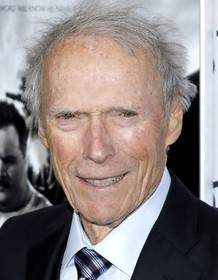


16th Annual Screen Actors Guild Awards 2010


67th Golden Globe Awards 2010



Full Plot Summary and Ending Explained for Invictus
Read the complete plot summary of Invictus, including all major events, twists, and the full ending explained in detail. Explore key characters, themes, hidden meanings, and everything you need to understand the story from beginning to end.
Invictus begins with the dramatic release of Nelson Mandela from prison in 1990, marking a pivotal moment after nearly 26 years of imprisonment on Robben Island for orchestrating acts against the South African government. His freedom heralds the decline of apartheid in South Africa, leading to his victorious election as the nation’s new leader. During his inauguration, he delivers an inspiring speech aimed at unifying the fragmented populace, which is starkly divided along racial lines between Afrikaners and various black tribes, including the Zulu, Xhosa, and Bapedi. This victory sparks celebrations among the black community, while many white Afrikaners and Zulu feel a sense of loss in their nation. The film captures this divide poignantly, juxtaposing a convoy of cars with Mandela against the backdrop of children playing soccer on one side and Afrikaners engaged in rugby on the other.
As Mandela settles into his presidency, his head of security, Jason Tshabalala (played by Tony Kgoroge), proposes an increase in security personnel for the president, recommending that some former white Special Branch officers be hired, which leads to initial tensions among the staff due to entrenched racial prejudices. Despite these complications, they recognize the necessity of collaboration. Early in his presidency, Mandela confronts the lingering anxieties of his administration when he decides against dismissing those who served in the previous regime, promoting a theme of reconciliation. His words resonate with his government, signaling a commitment to racial equality and shared governance.
As Mandela integrates into his role, he begins morning walks through the streets, initially met with alarm by his security during a false alarm involving a speeding blue van delivering newspapers. Concurrently, we meet François Pienaar, the captain of the Springboks, South Africa’s national rugby team. The Springboks, primarily composed of white players aside from one black member, Chester, symbolize the painful legacy of apartheid for many black South Africans, who prefer to support England over their own team.
With less than a year until the 1995 Rugby World Cup, Mandela recognizes the potential of rugby to bridge the fractures in South African society. Defying the Sports Commission’s intent to rename the team, he boldly argues to retain the Springbok identity—viewed by many Afrikaners as a part of their heritage. Even though his proposal receives mixed reactions from his own staff, including his assistant Brenda Mazibuko (played by Adjoa Andoh), Mandela remains resolute. He reaches out to Pienaar, emphasizing the need for inspiration and belief in their capabilities under pressure.
Pienaar, taking Mandela’s message to heart, presents the team with the South African national anthem, encouraging them to engage with it rather than dismiss it. The team is directed to spend time with the township kids, introducing them to rugby and fostering a sense of national pride and unity, irrespective of their backgrounds. The dynamic shifts as Mandela’s health becomes a concern; however, his unwavering support for the team is evident as he remains engaged with their progress throughout the tournament.
As matches unfold, the Springboks surprise spectators by advancing further than expected, culminating in a nail-biting final match against the undefeated New Zealand All Blacks. The atmosphere in the stadium is electric, filled with support from both black and white South Africans as they rally behind their team. Despite the odds stacked against them, the Springboks play valiantly, and in a stunning display of resilience, they clinch the victory by a narrow margin.
The film concludes with scenes of jubilation across South Africa as people from diverse backgrounds unite in celebration of their team’s success. Mandela’s security team struggles to navigate through the ecstatic crowd, but the president himself, embodying the spirit of unity, insists on taking a moment to absorb the significance of the victory. The closing moments of Invictus echo the profound poem, “Invictus,” reflecting the resilient spirit of a nation coming together after a long struggle.
Out of the night that covers me,
Black as the pit from pole to pole,
I thank whatever gods may be
For my unconquerable soul.
In the fell clutch of circumstance
I have not winced nor cried aloud.
Under the bludgeonings of chance
My head is bloody, but unbowed.
Beyond this place of wrath and tears
Looms but the Horror of the shade,
And yet the menace of the years
Finds and shall find me unafraid.
It matters not how strait the gate,
How charged with punishments the scroll,
I am the master of my fate:
I am the captain of my soul.
Uncover the Details: Timeline, Characters, Themes, and Beyond!

Coming soon on iOS and Android
The Plot Explained Mobile App
From blockbusters to hidden gems — dive into movie stories anytime, anywhere. Save your favorites, discover plots faster, and never miss a twist again.
Sign up to be the first to know when we launch. Your email stays private — always.
Watch Trailers, Clips & Behind-the-Scenes for Invictus
Watch official trailers, exclusive clips, cast interviews, and behind-the-scenes footage from Invictus. Dive deeper into the making of the film, its standout moments, and key production insights.
Cars Featured in Invictus
Explore all cars featured in Invictus, including their makes, models, scenes they appear in, and their significance to the plot. A must-read for car enthusiasts and movie buffs alike.
Invictus Themes and Keywords
Discover the central themes, ideas, and keywords that define the movie’s story, tone, and message. Analyze the film’s deeper meanings, genre influences, and recurring concepts.
Invictus Other Names and Titles
Explore the various alternative titles, translations, and other names used for Invictus across different regions and languages. Understand how the film is marketed and recognized worldwide.
Similar Movies To Invictus You Should Know About
Browse a curated list of movies similar in genre, tone, characters, or story structure. Discover new titles like the one you're watching, perfect for fans of related plots, vibes, or cinematic styles.
Quick Links: Summary, Cast, Ratings, More

What's After the Movie?
Not sure whether to stay after the credits? Find out!
Explore Our Movie Platform
New Movie Releases (2026)
Famous Movie Actors
Top Film Production Studios
Movie Plot Summaries & Endings
Major Movie Awards & Winners
Best Concert Films & Music Documentaries
Movie Collections and Curated Lists
© 2026 What's After the Movie. All rights reserved.















